“I was diagnosed with IBS five years ago and alternate between being very constipated and having diarrhoea, which at times can be quite debilitating. I’ve been keeping a food diary to try and see if there’s any correlation with what I eat but there’s no real pattern. Other than that, I’m reasonably fit and try to eat healthily. I’m 45 years of age. Can you advise?”
Suzie Sawyer, Clinical Nutritionist, answers:
This question is very timely as April is IBS Awareness Month so there will be many people scratching their heads and looking for answers to their symptoms.
The link between your gut and your brain
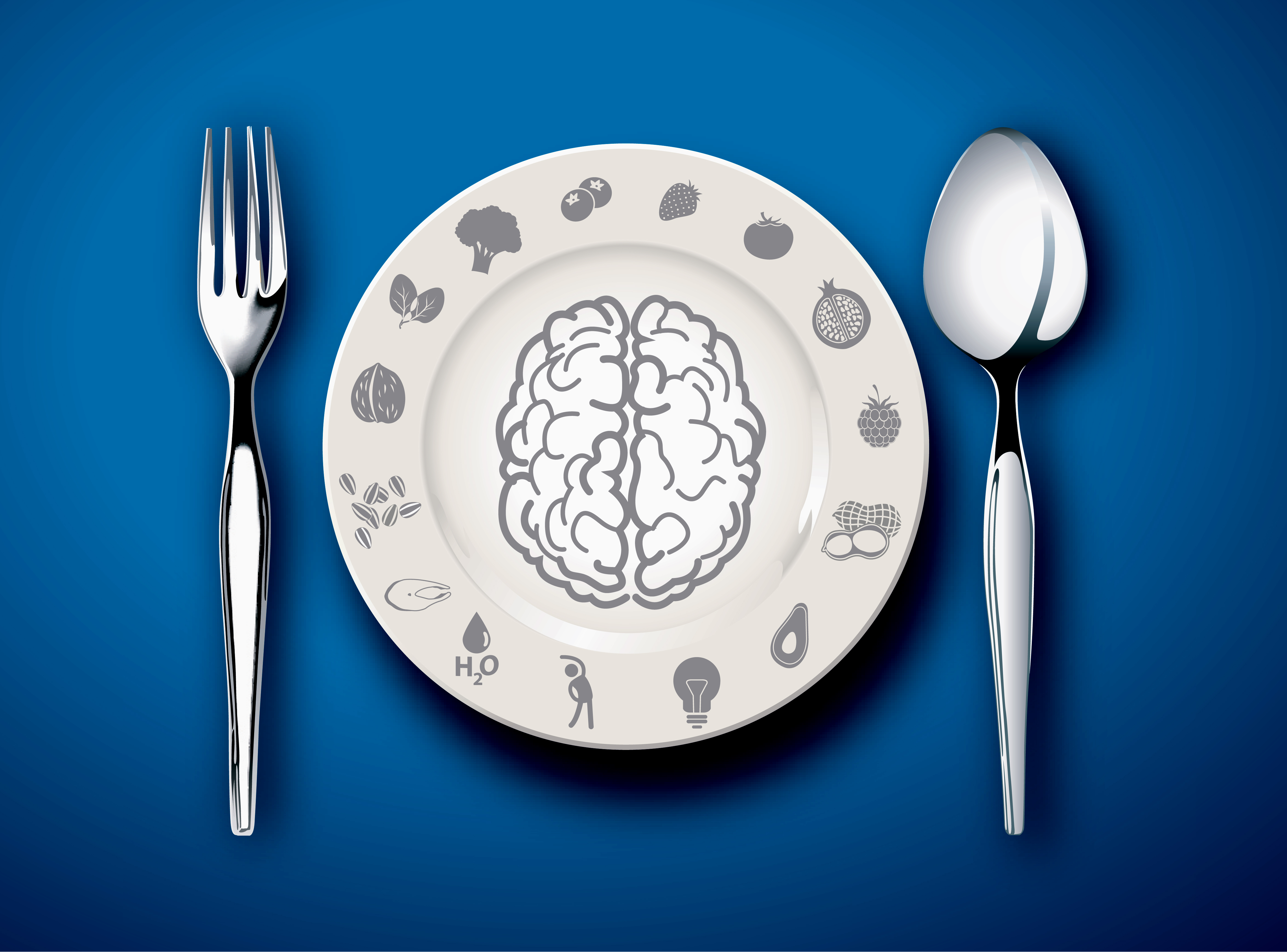
There can be many reasons for IBS symptoms and they’re not all necessarily connected to diet. There is an inextricable link between the gut and the brain. Therefore, if you’re stressed or anxious (even subconsciously), this can affect digestive health. If this is the case you’ll need to try and deal with the stress before any improvement in symptoms will be noticed. Practising meditation, even for 20 minutes each day, when you mentally completely switch off (this does require practice), is incredibly effective at soothing a troubled digestive system.
What to eat
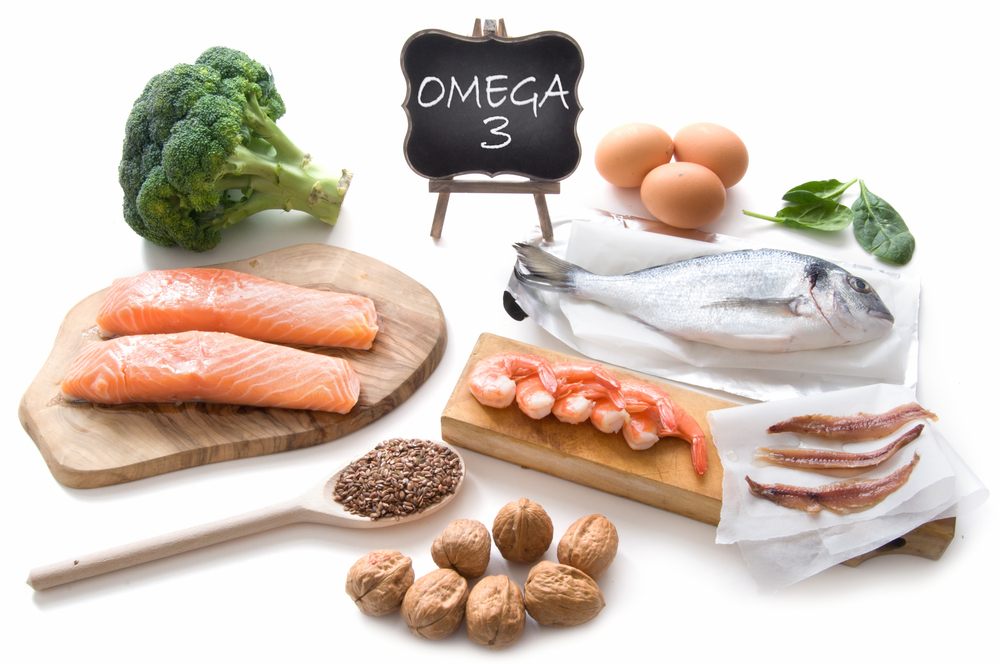
Additionally, the gut may be irritated, so try including plenty of ‘calming’ foods into your diet. For example, salmon contains the essential omega-3 fats, which are needed for brain health and keeping mood balanced. Camomile and green tea are also calming so try drinking a few cups daily. I would avoid peppermint tea, though, as this can exacerbate wind. Additionally, foods that feed the gut bacteria from fermented sources such as natural yoghurt, tempeh, miso, natto and sauerkraut, plus aloe vera, can also have a calming effect on digestion.
What to avoid
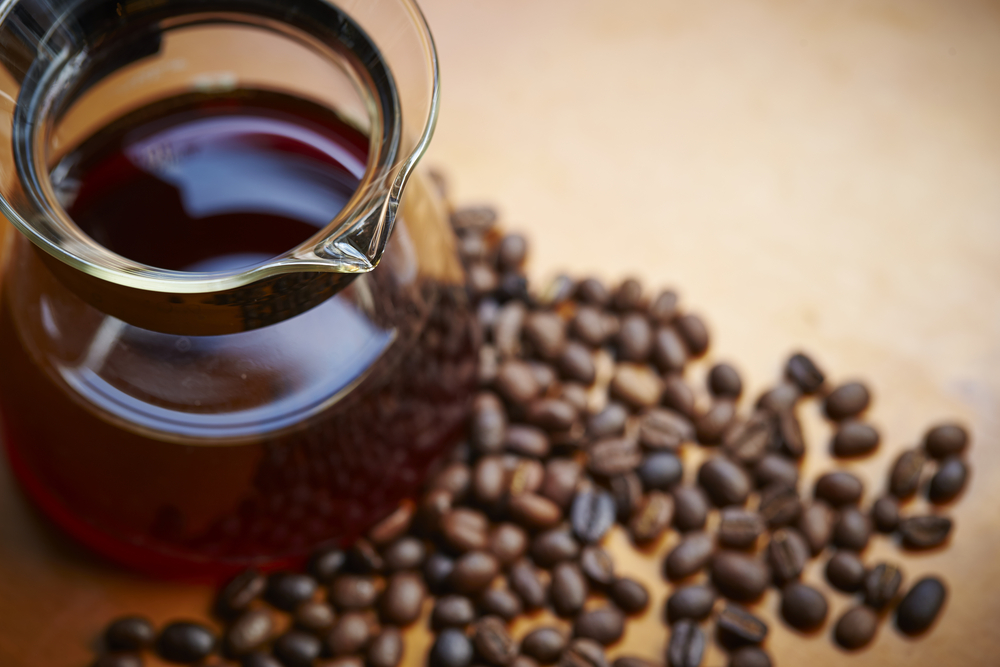
Caffeine, alcohol and sugary foods (which are often wheat-based) can aggravate a sensitive digestive system so be aware if these feature in your diet. Specifically, coffee is probably the worst offender because it creates acidity and also irritates the digestive tract. This in itself can have a laxative effect. Look for dandelion coffee, which comes in granulated form, contains no caffeine and helps cleanse the liver and stimulate bile production, also helping digestion. The herb milk thistle is also great for liver health and importantly aids digestion.
FODMAP Diet
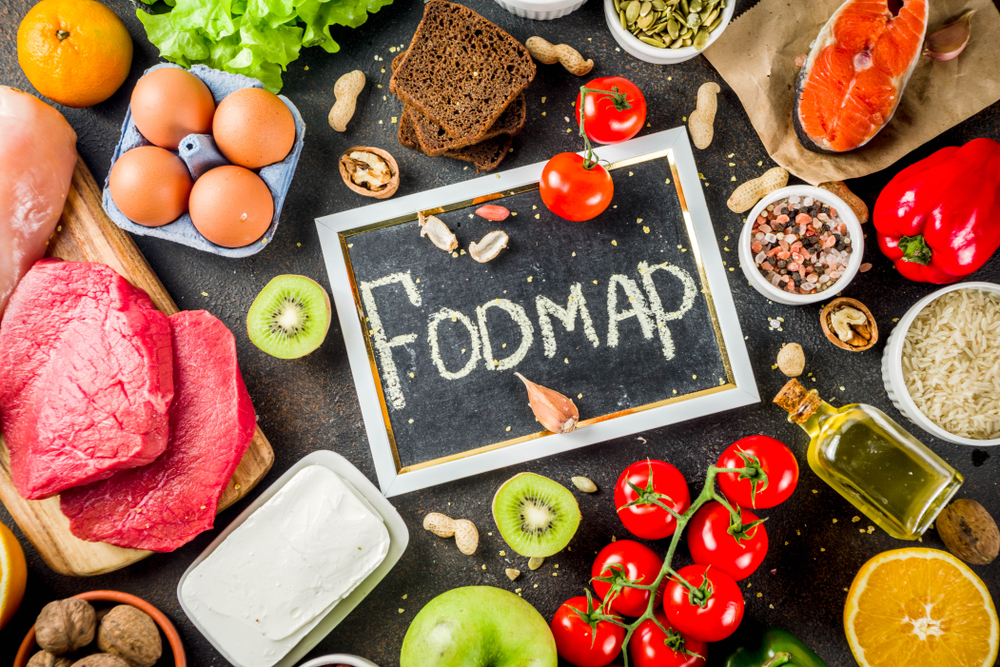
If none of the above suggestions help, then do look at the FODMAP diet, which has much research to support its use. Essentially, foods which are high in FODMAPs can cause IBS symptoms[i]. For example, certain fruits, grains, onions, garlic, some dairy foods and certain carbohydrates are not properly absorbed in the gut by some people, so it’s worth trying the diet for a month to see if any improvements occur. There are also apps you can download to help.
The above is not an exhaustive list of what could be happening, so if symptoms persist then it would be good to see a qualified nutritionist for more detailed help.
[i] //www.nhs.uk/conditions/irritable-bowel-syndrome-ibs/further-help-and-support/

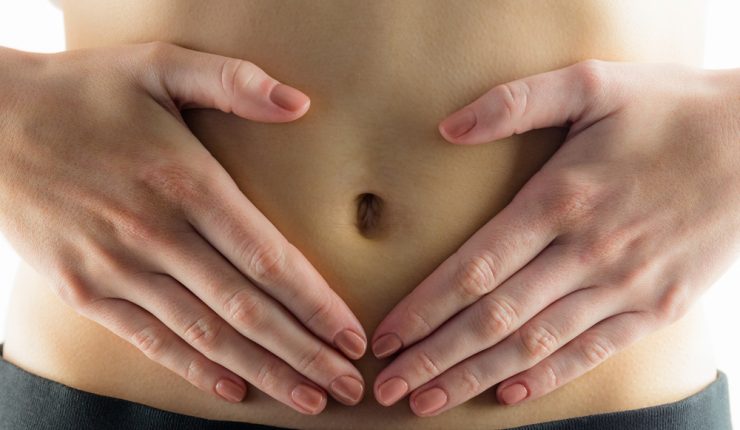






















Add comment